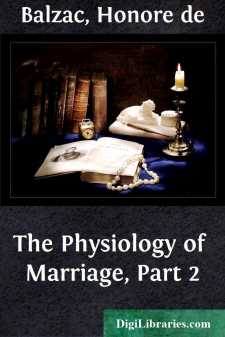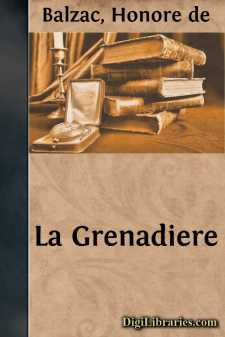Categories
- Antiques & Collectibles 13
- Architecture 36
- Art 48
- Bibles 22
- Biography & Autobiography 815
- Body, Mind & Spirit 144
- Business & Economics 28
- Children's Books 18
- Children's Fiction 14
- Computers 4
- Cooking 94
- Crafts & Hobbies 4
- Drama 346
- Education 58
- Family & Relationships 59
- Fiction 11833
- Games 19
- Gardening 17
- Health & Fitness 34
- History 1378
- House & Home 1
- Humor 147
- Juvenile Fiction 1873
- Juvenile Nonfiction 202
- Language Arts & Disciplines 89
- Law 16
- Literary Collections 686
- Literary Criticism 179
- Mathematics 13
- Medical 41
- Music 40
- Nature 179
- Non-Classifiable 1768
- Performing Arts 7
- Periodicals 1453
- Philosophy 65
- Photography 2
- Poetry 896
- Political Science 203
- Psychology 44
- Reference 154
- Religion 515
- Science 126
- Self-Help 85
- Social Science 82
- Sports & Recreation 34
- Study Aids 3
- Technology & Engineering 59
- Transportation 23
- Travel 463
- True Crime 29
Our website is made possible by displaying online advertisements to our visitors.
Please consider supporting us by disabling your ad blocker.
Massimilla Doni
by: Honore de Balzac
Categories:
Description:
Excerpt
MASSIMILLA DONI
As all who are learned in such matters know, the Venetian aristocracy is the first in Europe. Its Libro d'Oro dates from before the Crusades, from a time when Venice, a survivor of Imperial and Christian Rome which had flung itself into the waters to escape the Barbarians, was already powerful and illustrious, and the head of the political and commercial world.
With a few rare exceptions this brilliant nobility has fallen into utter ruin. Among the gondoliers who serve the English—to whom history here reads the lesson of their future fate—there are descendants of long dead Doges whose names are older than those of sovereigns. On some bridge, as you glide past it, if you are ever in Venice, you may admire some lovely girl in rags, a poor child belonging, perhaps, to one of the most famous patrician families. When a nation of kings has fallen so low, naturally some curious characters will be met with. It is not surprising that sparks should flash out among the ashes.
These reflections, intended to justify the singularity of the persons who figure in this narrative, shall not be indulged in any longer, for there is nothing more intolerable than the stale reminiscences of those who insist on talking about Venice after so many great poets and petty travelers. The interest of the tale requires only this record of the most startling contrast in the life of man: the dignity and poverty which are conspicuous there in some of the men as they are in most of the houses.
The nobles of Venice and of Geneva, like those of Poland in former times, bore no titles. To be named Quirini, Doria, Brignole, Morosini, Sauli, Mocenigo, Fieschi, Cornaro, or Spinola, was enough for the pride of the haughtiest. But all things become corrupt. At the present day some of these families have titles.
And even at a time when the nobles of the aristocratic republics were all equal, the title of Prince was, in fact, given at Genoa to a member of the Doria family, who were sovereigns of the principality of Amalfi, and a similar title was in use at Venice, justified by ancient inheritance from Facino Cane, Prince of Varese. The Grimaldi, who assumed sovereignty, did not take possession of Monaco till much later.
The last Cane of the elder branch vanished from Venice thirty years before the fall of the Republic, condemned for various crimes more or less criminal. The branch on whom this nominal principality then devolved, the Cane Memmi, sank into poverty during the fatal period between 1796 and 1814. In the twentieth year of the present century they were represented only by a young man whose name was Emilio, and an old palace which is regarded as one of the chief ornaments of the Grand Canal. This son of Venice the Fair had for his whole fortune this useless Palazzo, and fifteen hundred francs a year derived from a country house on the Brenta, the last plot of the lands his family had formerly owned on terra firma, and sold to the Austrian government. This little income spared our handsome Emilio the ignominy of accepting, as many nobles did, the indemnity of a franc a day, due to every impoverished patrician under the stipulations of the cession to Austria....












